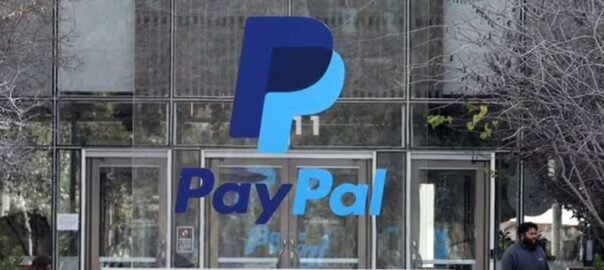Scribe Minds & Media is proud to host BIGBOX INDIA – A Global Retail & E- Commerce Summit on 21st August, 2025 in Bangalore India.
This remarkable event aims to unite visionary leaders, innovators and key influencers shaping India’s future to share valuable tools and insights on navigating the opportunities and challenges that arise as unconventional ideas to transform the retail and ecommerce landscape.
India’s retail and ecommerce industries is undergoing a rapid transformation blending traditional formats with digital innovation. This rise is fueled by rising incomes, smartphone adoption, technology and a youthful population. Emerging models like Quick Commerce and social commerce enhance convenience, while infrastructure and trust remain key challenges.
The primary objective of this event is to offer valuable networking opportunities, facilitate knowledge sharing with industry leaders, and enable one-on-one meetings for our sponsors.
The event will cover a range of key topics including, The Digital Revolution in Indian Retail, Navigating the Evolving Indian Consumer Landscape, Revolutionizing Last-Mile Delivery with AI, Quick Commerce &Online Grocery, Physical Retail Reimagined, Omnichannel Retailing, Fintech Revolution, Social Commerce, Integrated Retail Analytics and Cross Border E-commerce.
The event presents a valuable opportunity to engage with prospects and peers, fostering meaningful discussions and exploring potential strategic partnerships. It will feature individual keynote addresses from industry leaders, along with panel discussions on thought-provoking and engaging topics.
The event will conclude on a high note with a special awards segment by Clap4Brands, recognizing outstanding contributions in the retail and e-commerce industries.
Don’t miss this incredible opportunity to be part of the change. This event offers valuable insights, meaningful connections, and strategies to stay ahead of the curve.
To learn more and register for the event, visit:
https://www.bigboxsummit.com/india2025/
About Scribe Minds & Media: For over 20 years, Scribe Minds & Media has been a leading platform for industry-leading events, including conferences, workshops and executive’ roundtables and is known for providing us valuable content and networking opportunities – and has delivered a compelling list of successful events, domestically and abroad, across industries.
For media inquiries, please contact: Jordan Abraham – jordan.abraham@scribeminds.com
Pradish Gireesan – pradish.gireesan@scribeminds.com










